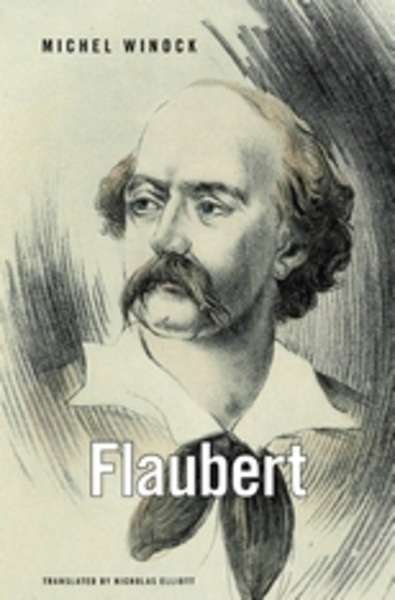Flaubert

Editorial Harvard University Press
Fecha de edición septiembre 2016 · Edición nº 1
Idioma inglés
EAN 9780674737952
528 páginas
Libro
encuadernado en tapa dura
Resumen del libro
Michel Winocks biography situates Gustave Flauberts life and work in Frances century of great democratic transition. Flaubert did not welcome the egalitarian society predicted by Tocqueville. Wary of the masses, he rejected the universal suffrage hard won by the Revolution of 1848, and he was exasperated by the nascent socialism that promoted the collective to the detriment of the individual. But above all, he hated the bourgeoisie. Vulgar, ignorant, obsessed with material comforts, impervious to beauty, the French middle class embodied for Flaubert every vice of the democratic age. His loathing became a fixation'and a source of literary inspiration.
Flaubert depicts a man whose personality, habits, and thought are a stew of paradoxes. The author of Madame Bovary and Sentimental Education spent his life inseparably bound to solitude and melancholy, yet he enjoyed periodic escapes from his 'hole' in Croisset to pursue a variety of pleasures: fervent friendships, society soirées, and a whirlwind of literary and romantic encounters. He prided himself on the impersonality of his writing, but he did not hesitate to use material from his own life in his fiction. Nowhere are Flauberts contradictions more evident than in his politics. An enemy of power who held no nostalgia for the monarchy or church, he was nonetheless hostile to collectivist utopias.
Despite declarations of the timelessness and sacredness of Art, Flaubert could not transcend the era he abominated. Rejecting the modern world, he paradoxically became its celebrated chronicler and the most modern writer of his time.
Biografía del autor
Michel Winock, né le 19 mars 1937 dans le 14e arrondissement de Paris, est un historien français spécialiste de l'histoire de la République française ainsi que des mouvements intellectuels et politiques. Ses travaux l'ont conduit en particulier à traiter les thèmes du socialisme, de l'antisémitisme, du nationalisme et des mouvements d'extrême droite en France. Il est professeur des universités en histoire contemporaine à l'Institut d'études politiques de Paris, où il a enseigné, entre autres, l'histoire des idées politiques.<br><br>Il est notamment l'auteur du Siècle des intellectuels (1997), pour lequel il a reçu le prix Médicis essai en 1997, et des Voix de la liberté (2001), salué par l'Académie française, et de Madame de Staël, prix Goncourt de la biographie 2010. Il a dirigé avec Jacques Julliard le Dictionnaire des intellectuels français.








